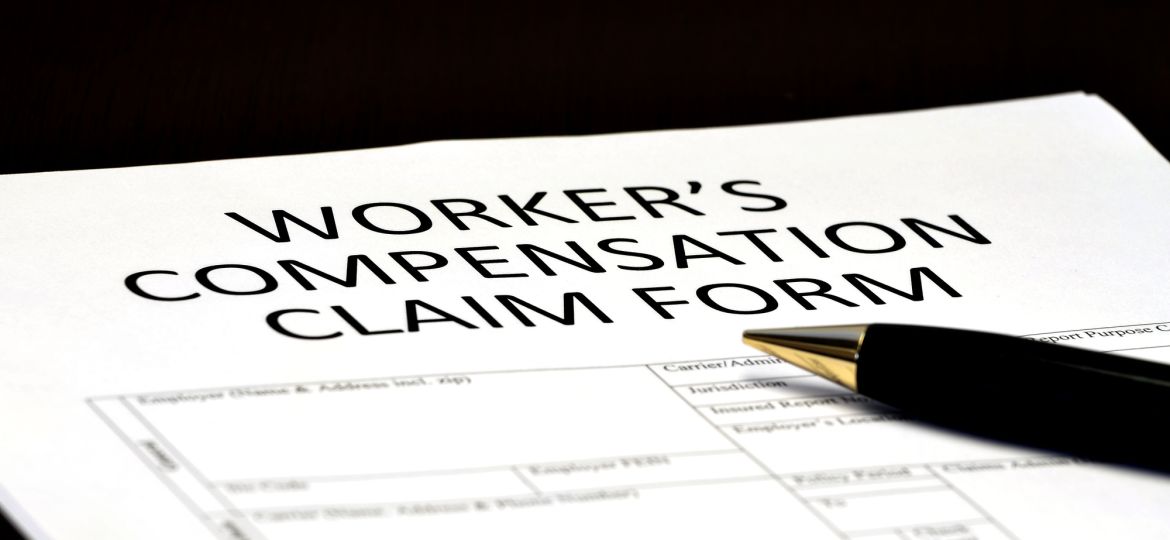
Whether an employee or an employer, workers’ compensation insurance is an important requirement of doing business. Workers’ compensation claims vary. There is no handbook that explains what to do following an on-the-job injury.
As of October 3, 2021, there have been 18,025 workers’ compensation claims and 13,734 cases opened in the state of Colorado this year. The total amount of compensation and medical bills paid out is $1,272,112,006.
It is better to anticipate an injury will take place than assume your environment is safe. The more prepared you are the easier it will be to get your claim processed and expenses promptly paid.
1. Report Your Injury
If you incur an injury at work you need to report it as quickly as possible. In the state of Colorado, you only have four (4) days to provide your employer with written notification of your injury. This is the most crucial step in getting your loss paid.
The employer must notify their workers’ comp insurance carriers within 10 days of the injury. To complete this step file Employer’s First Report of Injury form WC 1. This notifies the company that an employee is making a claim.
2. Retaliation Is Illegal
Every state prohibits an employer from taking steps of retaliation against an employee who suffers a workplace injury. Any negative action the employer takes following a workers comp claim, including demotion, cut in pay, changing work responsibilities, or dismissal may be considered retaliation.
If an employer takes action you believe violates your rights, contact a workers’ compensation lawyer immediately. They will know your rights under the law. Representation is on a contingency basis, meaning you do not pay unless they win your case.
3. Workers’ Compensation Laws Are Different in Every State
Each state establishes its own workers’ compensation laws and requirements. Variations include where you may obtain medical treatment and the number of days and method of reporting an injury. If you are unsure of the rules in your state, conduct an online search such as Colorado workers compensation law.
This will provide you with links to relevant sources of information. If you are unsure of the proper steps or are encountering difficulty in obtaining your benefits, contact a workers’ compensation law firm for assistance.
4. Obtain Proper Assistance
Many workers’ comp claims are processed every day and benefits are paid without a problem. Sometimes an employer claims an injury is not work-related. Workers’ compensation insurance companies sometimes deny some or all benefits. Law entitles you to coverage for your medical treatment, loss of wages, and rehabilitative care for a workplace injury.
If you encounter challenges to your medical treatment by your employer or workers compensation insurance, consult with a lawyer for workers’ compensation. They will evaluate your case and negotiate on your behalf to get you the compensation you deserve.
5. Workers’ Compensation vs Healthcare Coverage
Do not confuse workers’ compensation insurance with healthcare coverage. If you have healthcare coverage through your employer you can select and visit medical care providers of your choice for standard care.
Workers’ compensation insurance is purchased and paid for by your employer to cover workplace injuries. When receiving treatment under workers’ compensation you need to go to the medical providers the employer’s insurance carrier requires. This ensures your expenses are covered.
Evaluate Your Workers’ Compensation Coverage
Whether you need to update your workers’ compensation coverage or start a new policy, call Your Insurance Lady of DC Insurers today. We provide a variety of coverage options to meet your needs. In addition to handling workers’ compensation claims, we also offer insurance for cannabis, automobiles, contractors, bond, personal, and business insurance.
Contact us for a quote by calling (719) 471-3671 or using our online form. We look forward to helping you with all your insurance needs.


